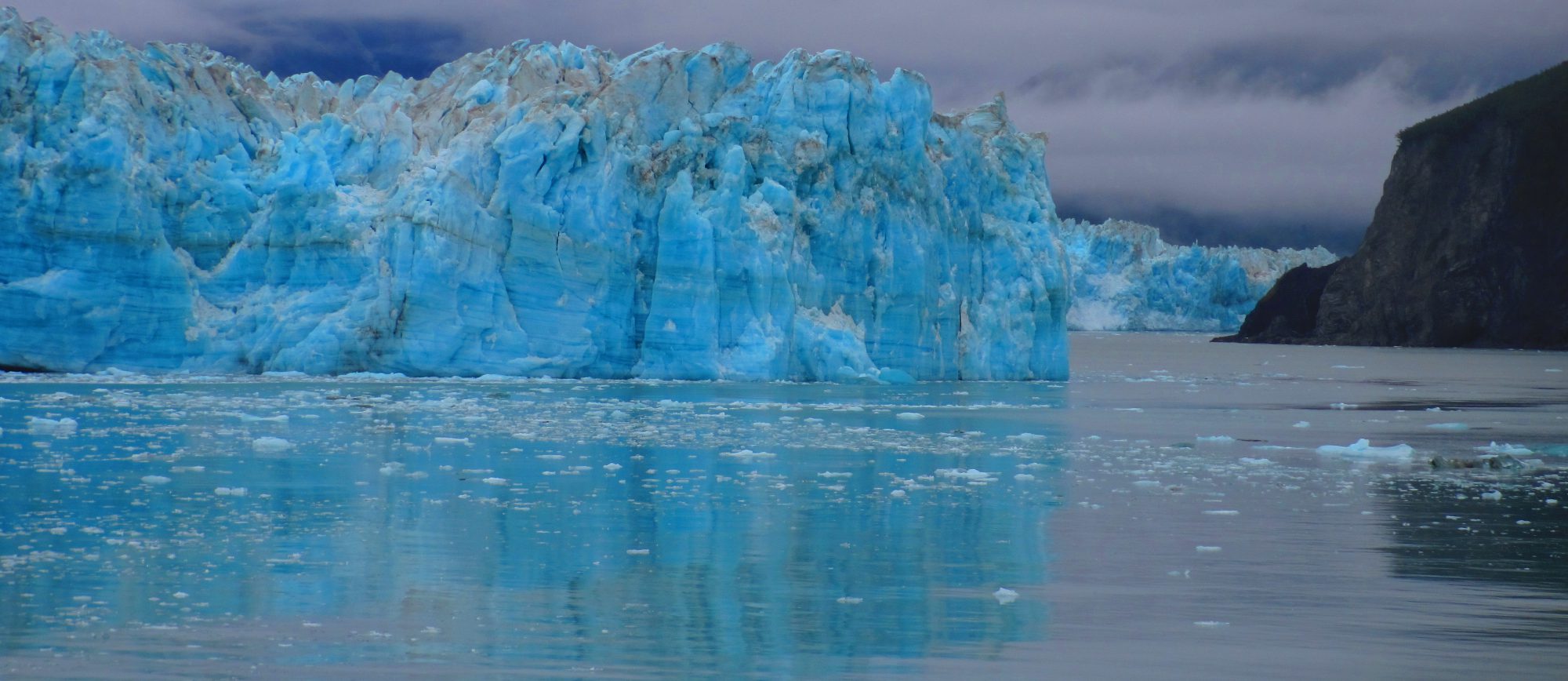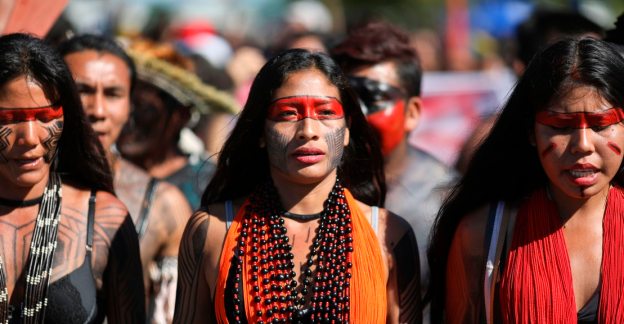What do wealthy capitalists do in response to the ever present threat of nuclear annihilation or a biosphere teetering on the edge of collapse? Why they build enormous, fortified bunkers deep underground, of course. Here they can live like the descendants of the mammals that survived the extinction of the dinosaurs in the late Cretaceous and early Paleocene around 65 to 100 million years ago. The long deceased necrolestes patagonensis, whose shockingly appropriate meaning for this comparison is “grave robber,” are the descendants of the cronopio who narrowly escaped the dinosaurs’ fate by burrowing deep under the earth’s soil.
But these modern day mammals will apparently live in far greater luxury than these furry predecessors when the planet suffers from the next cataclysmic event. Several of these soon to be denizens of the lavish underworld are showcased in a recent article by Julie Turkewitz in the New York Times entitled “A Boom Time for the Bunker Business and Doomsday Capitalists.” And their lairs, while devoid of anything remotely tasteful, are bedecked in the latest technological conveniences and comforts, including movie theatres, swimming pools and yoga studios. What would it feel like to be doing a hatha stretch beneath a deadened world?
These kinds of news items often make a joke out of our collective predicament. After all, most of us understand that wealth does not beget intelligence or a sense of decency. But the existential crisis we are all facing is not funny. Climate change induced ecological collapse and the ever present threat of nuclear devastation or even annihilation loom ever large. The latter issue recently came to the fore following a disastrous accident in the Russian Federation involving a nuclear fueled missile test. Several scientists were killed, many others suffered from radiation poisoning, and an entire area has been closed off due to fallout contamination. This event, exacerbated by the Trump administration’s threatened abandonment of the Nuclear Test Ban Treaty, has stoked fears of a renewed and emboldened arms race.
But it is pollution and climate change and their concomitant degradation of the world’s ecosystem’s which pose the greatest threat because they are multilayered issues involving transnational corporations, the global finance sector, governments, and the military industrial complex; and they are unfolding in a way that often gets overlooked. This is a problem that terrifyingly translates into existing systems of class, power and wealth disparity. A recent report by Philip Alston, the UN Special rapporteur on poverty and human rights, underscored these inequities. He warned:
“We risk a ‘climate apartheid’ scenario where the wealthy pay to escape overheating, hunger, and conflict while the rest of the world is left to suffer. The risk of community discontent, of growing inequality, and of even greater levels of deprivation among some groups, will likely stimulate nationalist, xenophobic, racist and other responses. Maintaining a balanced approach to civil and political rights will be extremely complex.”
But let’s not be silly here. Apartheid has always been the plan. Separate housing. Separate education. Separate infrastructure. Separate education. Separate justice. Separate environment. And when it comes to the unfolding climate catastrophe we can see how this plays out in a variety of places. In the US, Australia and in Europe, the wealthy easily rebuild their damaged or destroyed mansions when they are burned to ash by raging wildfires or inundated in floods. In India, millionaires and their families are able to escape the sweltering heat in air-conditioned high rises and on palatial, sprawling estates. And in places like Indonesia, the wealthy just move an entire city. As the capital Jakarta sinks in the mud beneath a rising sea, the elite are planning to move to a new one in Borneo.
Jakarta is, by many accounts, a textbook example of a burgeoning system of economic apartheid with the vast majority of its inhabitants living below the global poverty index level. It would be exceedingly naïve to believe that the Indonesian ruling class, which is mired in corruption, reactionary religious and political ideologies, caste discrimination, and a fascism born of decades of US backed brutality, would relocate its poor to the new city. No, they will likely be the first to be abandoned.
And the new location is not some “land without a people” as the colonial myth so often goes. Borneo is home to the indigenous Dayak people, with many diverse communities and languages. Seeing how the country has colonized and mistreated indigenous Papuans for decades leaves little hope to how it will treat the native Dayak. The island also has some of the last tracts of undisturbed rainforest in a country with an extremely poor environmental record. Critically endangered orangutans and sun bears cling to a precarious existence here thanks to mining and massive palm oil deforestation. The orangutans may have only 10 years left according to some reports.
The remaining forests will undoubtedly be cleared, their timber sold to the US, EU, Australia and China, and the land will be developed by and for the elites. Shopping malls, golf courses and exclusive housing complexes will be cordoned off from the rest of the island’s inhabitants with elaborate surveillance and security systems protecting them. Pollution, which has plagued Jakarta thanks to unregulated industries and lack of infrastructure, will now defile a new place in the heart of Borneo’s rainforest.
But Indonesia does not exist in a vacuum. It belongs to the “global south,” that designated sacrifice zone by the elite of far more wealthier nations. The elite who use the World Bank and other agencies of control to maintain a deeply feudalistic system of concentrated wealth and power. Who greenwash our environmental crisis. Who meet in boardrooms or on the driving range, who go to the same fundraisers, weddings and dinner parties, and who dwell in posh homes in London, New York, Paris, Tokyo, Singapore or Zurich. And to a lesser extent Hong Kong, Tel Aviv, Sao Paulo, Moscow, Riyadh, Taipei or Beijing. The elite who meet in Biarritz and who cast crumbs to their lesser pawns who do their bidding in looting their nation’s resources and keeping dissent at bay. Who soothe their moribund consciences by throwing paltry funds at world problems and calamities. These elite jet off to wherever they please on this rapidly warming sphere protected by the ill-gotten gains of their amassed fortune. In other words: legalized plunder.
The global economic arrangement is nothing more than organized crime. The imposition of the will of the wealthy over the poor and working classes through violent repression. Indeed, they have the military industrial complex and the surveillance state as their greatest leverage against the masses. Enforcers of the “interests of capital.” And in an age of constant existential angst, this leverage is turning out to be good business.
The burning of the Amazon rainforest or the melting ice sheets of Greenland present an opportunity either for exploitation of resources or for the commodification of nature itself, greenwashed as “protecting the rainforest” by privatizing it. After all, more forests around the world are felled, fouled or cleared by corporations and the military than by individual farmers or ranchers. Therefore, any New Green Deal, if it does not address the military industrial complex and its relation to the protection of capital, or is not thoroughly vetted and written by the poor, the working class, environmental activists and indigenous peoples, will only serve to save capitalism, albeit for a short time and for the very few, from the maw of its own insatiable greed. It will be a Ponzi scheme of privatization designed by the corporate, neoliberal ghouls and marketing strategists who helped create the problems in the first place.
To be sure, if this arrangement is allowed to persist, apartheid is the future they have in store for us all. In truth, it always has been this way. One which is militarized and surveilled, filled with private roads, security walls, and gated communities. Where spectacle reigns and the jet set and celebrities are lauded endlessly by their corporate owned media. Where displaced peoples fleeing for their lives are demonized and rounded up. Where their children are torn from their arms, caged and denied soap or even an assuring embrace by jackbooted officers. One where the right to food and clean water is considered a privilege. Where documents control who gets to live and who dies. Where the working poor are denied their ancestral homes or rendered invisible. One where endangered species are considered expendable, where ancient forests are razed and rivers are used as dumping grounds for industry and the military. This is the world that exists now in places the global north seldom hears of or even gives a second thought.
The global ruling class has no plan to address or mitigate our existential crisis sans the status quo of capitalist plunder. They see no options outside of the preservation of this arrangement, either through distraction or the exploitation of fear, or in escaping its enormous human and ecological cost altogether. Apartheid, separation from us, the “dirty, unwashed masses of humanity,” has always been their way, ethos, and plan. So with this in mind, we can only hope that they will do us all a favor and scurry into one of those high priced bunkers in the ground a little earlier than planned.
Kenn Orphan 2019
- Title art is Unequal Scenes by photographer Johnny Miller.






